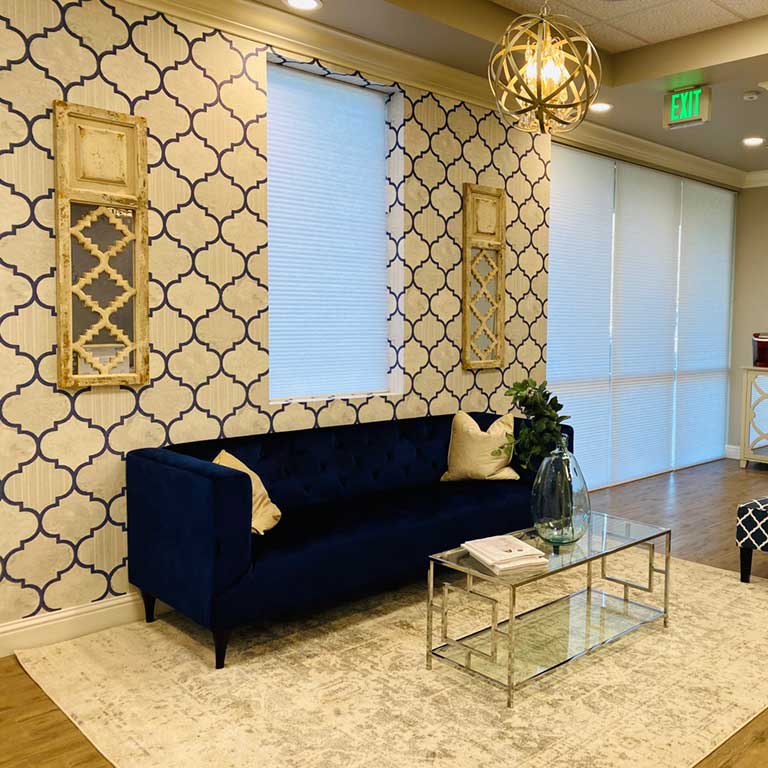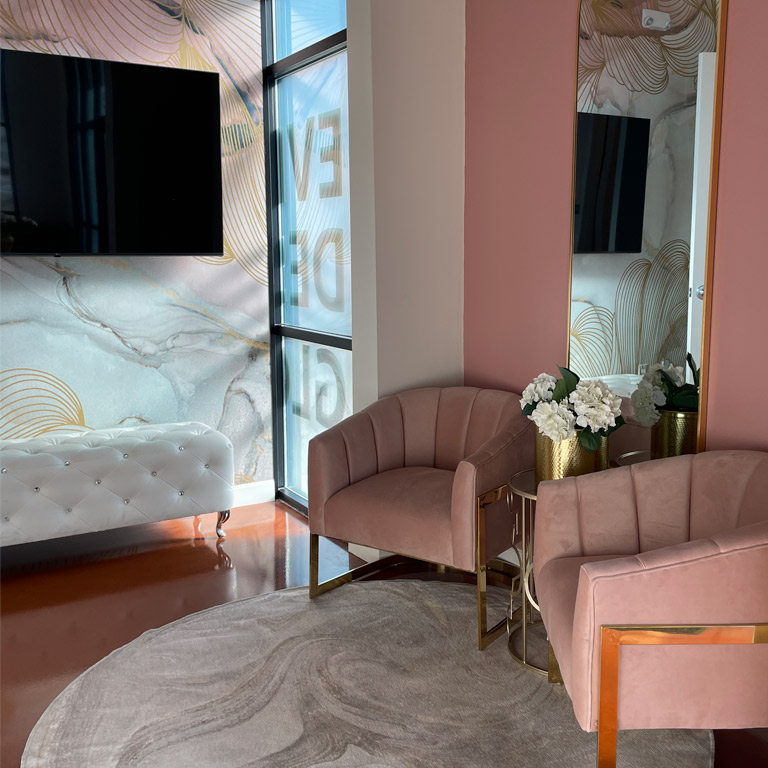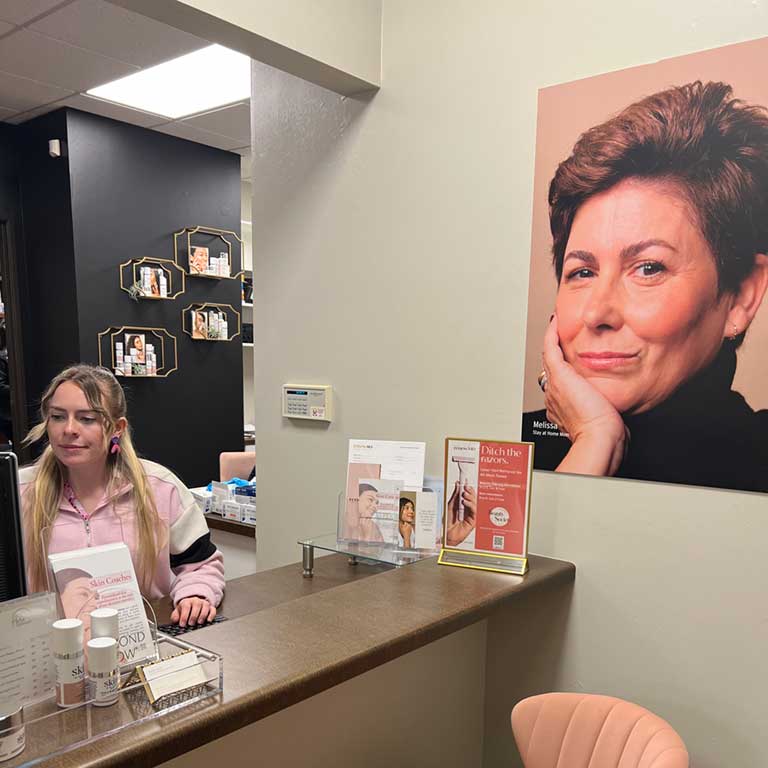The American Dermatological Association reports that approximately 90% of the world’s population is affected by acne at some point in their lives. Acne typically starts during puberty, but is frequently present in adults up to their forties. Unfortunately, acne has adverse effects on one’s self esteem and psychological well-being, especially in teenagers, which is why it’s important to address it as early as possible. Even if not treated early, we are fortunate to have excellent treatments and skin care products at our disposable to erase acne scarring and hyperpigmentation.
What is acne?
Acne occurs when a hair follicle in the skin gets clogged by oil, dead skin cells and/or dirt. This clogged follicle can present itself as a small white head, black head, red bump, a large pimple or a painful lump. These pimples come and go, but unfortunately, they often leave behind scars and dark spots, which, especially for darker skin tones, turn into dark spots and for most skin types and tone – scarring.
What causes acne?
Acne is multifactorial with some common risk factors being:
- Age: Adults and teenagers can get acne, but teenagers are certainly more prone to it.
- Hormones: THIS is why teenagers are more susceptible to acne, but if adults are on certain medications that alter their hormones like exogenous androgens or steroids, they will start breaking out.
- Family history: Yes, it is highly likely that if your parents had acne, you are more likely to get it, too…
- Stress: Even though stress does necessarily cause acne, it can certainly worsen it.
- External factors: Soaps and astringents that dry out the skin are only removing oil off the skin’s surface, but then signaling the skin to produce MORE oil, which in turn will cause pimples. Scrubbing the face or applying friction to other parts of your skin (arms, back, thighs, and more) can increase acne production. Sweat is generally the main cause, and not being able to air out the area. Also…cell phones carry A LOT of bacteria! Please keep your device clean and try to keep it off your skin!
- Diet: Diet modification is a significant part of controlling acne. There is vast clinical evidence showing that a low glycemic index and high fiber diets (we will discuss these food choices soon) are effective in reducing acne and alkalizing the skin’s pH. Needless to say, diets high in sugar (bad carbs…) and dairy have shown to increase acne production.
How do I treat acne?
— Mild to Moderate Acne —
This group requires dietary and skin care modifications and if done diligently, will reap significant benefits.
1. Diet
- Eliminate excess sugars and carbohydrates that are commonly found in breads, sodas and chips. Studies have also found that milk is a culprit in promoting acne and I find that this is the most difficult thing for most parents to eliminate from their teenagers’ diets as culturally we have been programmed to think that milk is the best source of calcium and vitamin D. Alternatives like nut milks (almond milk is my go -to) or coconut milk have the same calcium and vitamin D content as cow’s milk and have the added benefit of less carbohydrates and sugars, which further qualifies nut and coconut milk as healthier alternatives. I am not a fan of soy milk as it is high in plant estrogens.
2. Skin Care Regimen
- Cleanser – A cleanser that is pH balanced is key to not over drying acne prone skin. Stripping the oil from your skin makes it think that it needs to produce more oil (which is what we want to avoid) and in ethnic skin, dry skin leads to hyperpigmentation. Instead, using a hydrating cleanser which contains salicylic acid cleans the skin without drying it out is ideal for really any skin type.
- Serum – Acne creates a state of chronic inflammation and a red undertone. Sometimes the redness looks like hyperpigmentation in darker skin types and can enhance the appearance of acne scars. A serum rich in green tea (green tea needs to be listed as one of the first few ingredients) will counteract this redness and hyperpigmentation.
- Retinol – Retinol, or vitamin A, decreases the cohesiveness of keratinocytes (type of skin cell) which reduces chances of pores getting blocked. Retinol also increases skin cell turnover and signals the skin to keep making ‘new skin’ which also helps tremendously in clearing acne scars and hyperpigmentation. I am a huge fan of retinol, not only for acne treatment but also for anti-aging.
- Spot Treatment (emergency zit treatment) – Everyone should have a high dose salicylic acid spot treatment to combat those pimples that don’t just look awful but also leave behind a scar and dark spot. As soon as you feel that a pimple is starting, applying a spot treatment few times a day will reduce the size of that break out. Finally, look for a spot corrector that is transparent, not white and chalky, so that you can keep it on throughout the day.
- Deep Cleansing Monthly peels and/or microdermabrasion treatments are a great way to strip the top dead skin cell layer so that it does not continue to clog pores. Glycolic acid peels clear away dead skin cells and reduce oil production. A microdermabrasion is a more mechanical way to exfoliate dead skin cells and if paired with a hydrating or lightening mask will help with reducing hyperpigmentation and better absorption of skin care products.
— Severe Acne —
Severe acne is best treated with a combination of the treatments listed above and an oral Vitamin A, commonly known as Accutane. Accutane is highly effective at treating severe acne but requires taking an oral medication and in the case of women and young girls, an oral contraceptive. Accutane is administered under the guidance of a dermatologist and usually last 4 to 6 months. How do you treat permanent acne scars and hyperpigmentation? Acne scar treatment with laser technologies like Picosure or more mechanical treatments like microneedling give excellent results if done in a full series of treatments. Each treatment will help resurface the skin by making new collagen, but at least three sessions one month apart are needed to achieve full results. These treatments are always combined with proper daily skin care and retinol to optimize collagen production and results. Clearly, treating acne is a multi-modal approach, but it is important to start as early as possible in order to minimize excessive scarring and skin unevenness.








Leave A Comment